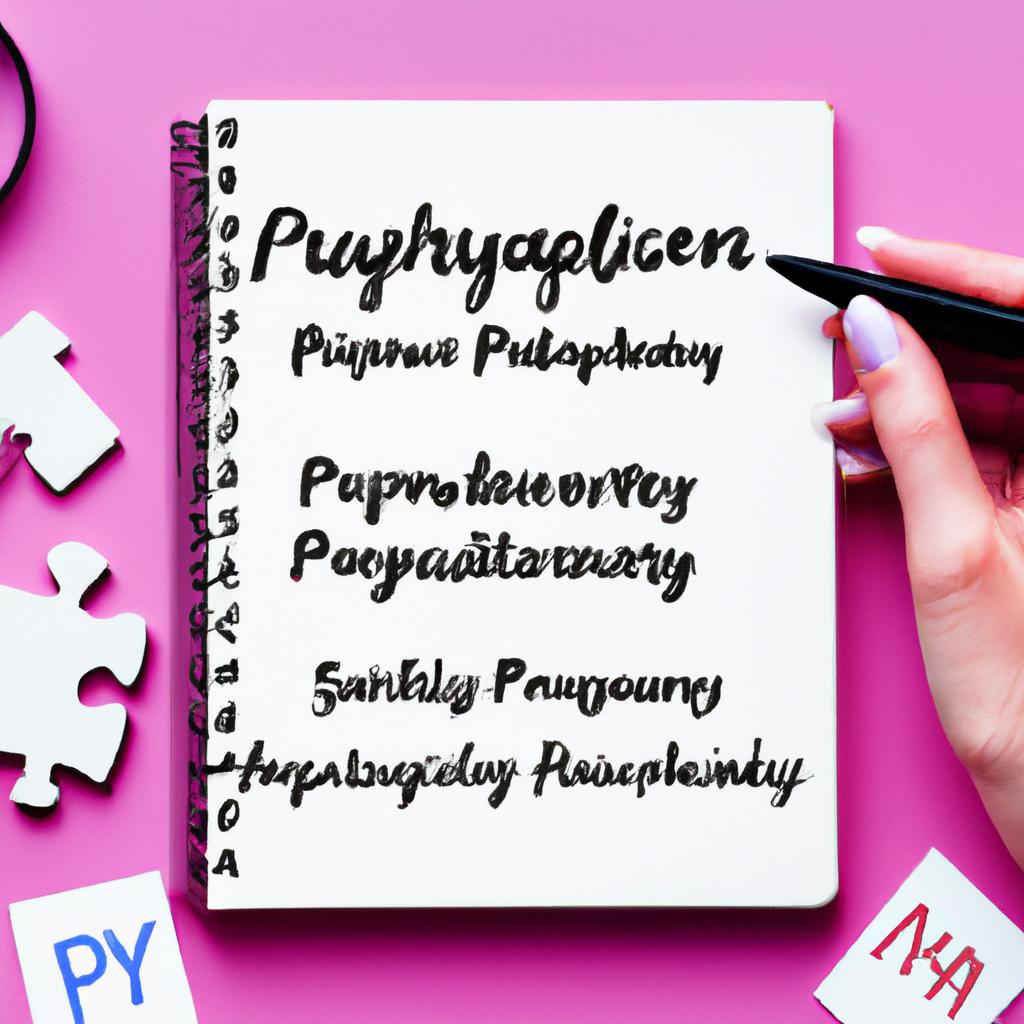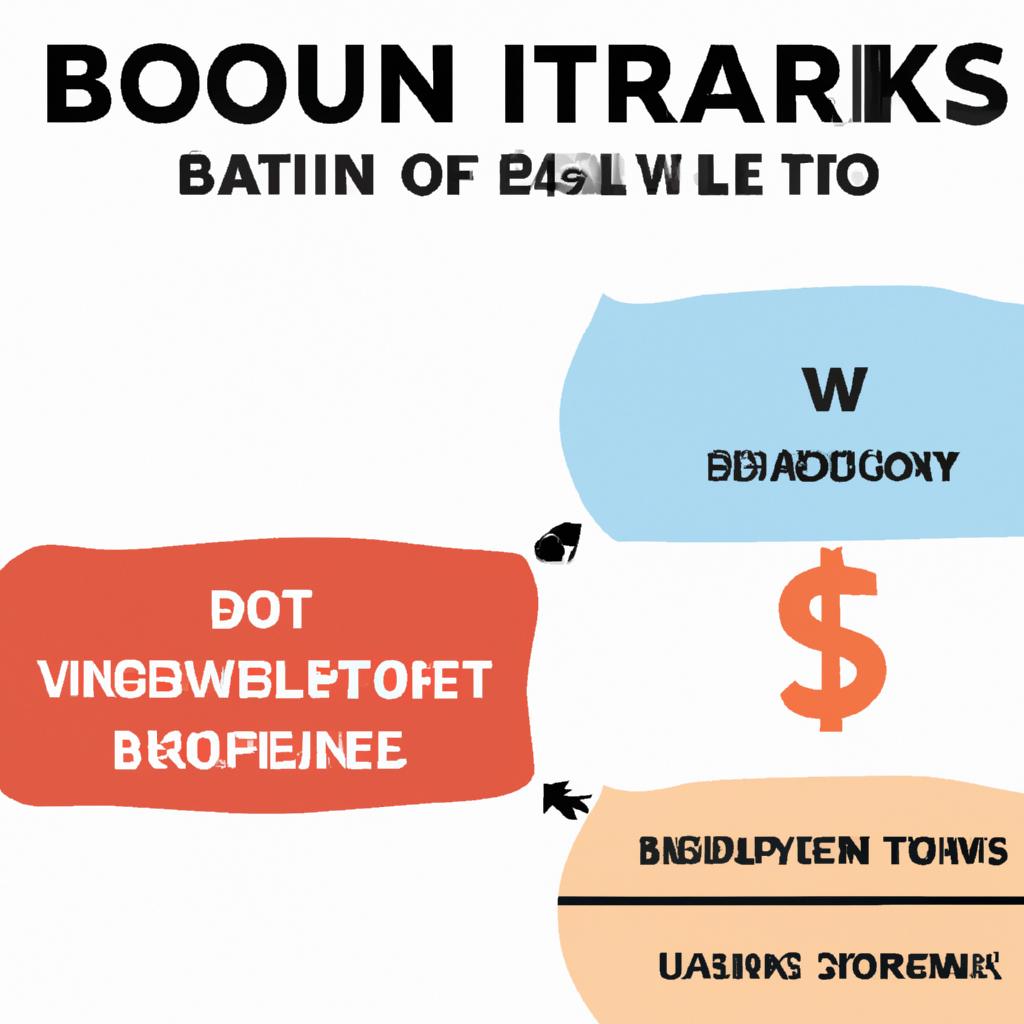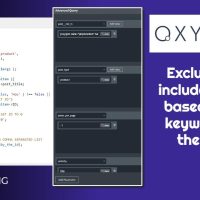In a world where every purchase can feel like a negotiation, mastering the delicate dance of bargaining has become an essential skill. Whether you’re hunting for a car, shopping for furniture, or simply trying to secure a better deal on your daily essentials, the ability to effectively negotiate can make all the difference in your wallet. “Mastering the Art of Negotiation: Securing Lower Prices and Bonus Items with Sellers” delves into the strategies and psychology behind successful negotiations. This article unpacks the tools you need to prepare for your next shopping encounter, transforming what might seem like a daunting confrontation into a collaborative dialogue. By exploring techniques drawn from experts and real-world scenarios, you’ll not only learn how to lower prices but also discover how to walk away with unexpected bonuses—making every transaction a win-win. Embark on this journey to elevate your bargaining prowess and unlock the potential of every deal.
Understanding the Psychology of Negotiation to Unlock Better Deals
Negotiation is as much an art as it is a science, requiring an understanding of human behavior and motivations. At its core, the psychology of negotiation revolves around a few key principles that can influence the dynamics between buyers and sellers. Recognizing factors such as **empathy**, **trust**, and **reciprocity** can significantly enhance your negotiating prowess. By demonstrating understanding and consideration for the seller’s perspective, you not only build rapport but also create an atmosphere conducive to collaboration. Furthermore, appealing to emotions can evoke a sense of urgency or importance, encouraging sellers to offer **better deals** to secure your business.
In this context, it is essential to understand the different types of negotiation styles and approaches sellers might adopt. You can often categorize sellers into distinct profiles based on their negotiation tactics, including **competitive**, **collaborative**, and **avoidant** styles. Tailoring your strategy to these styles could transform the negotiation outcome. For instance, addressing a competitive seller’s desire to win by framing your request in a way that positions it as a mutually beneficial opportunity can tip the scales in your favor. Here’s a simple table illustrating these styles and their potential strategies:
| Negotiation Style | Characteristics | Strategic Approach |
|---|---|---|
| Competitive | Assertive, result-oriented, seeks to win | Frame offers as opportunities for mutual benefit |
| Collaborative | Open, builds relationships, values mutual success | Focus on joint problem solving and creativity |
| Avoidant | Passive, seeks to defer conflict, unengaged | Gently encourage involvement and highlight benefits |

Strategic Approaches for Effective Bargaining with Sellers
To achieve the most favorable outcomes during negotiation, it is essential to embrace a strategic mindset that combines preparation with adaptability. Start by conducting **thorough research** on the seller and their products. This not only equips you with valuable information but also establishes a foundation of confidence. Create a list of key points you want to address, such as pricing trends, competitor offers, and the seller’s past performance. Doing so allows you to articulate your position effectively, making a compelling case for why a discount or additional item is justified. Engage the seller in a friendly dialogue, utilizing active listening techniques to demonstrate interest and appreciation for their perspective.
Next, leverage the power of **reciprocity** in your negotiation tactics. When you show flexibility—such as agreeing to purchase in larger quantities or promoting the seller’s product through your network—you’re more likely to receive favorable terms. Be prepared to present a **clear value proposition** that highlights the mutual benefits of a lower price or bonus items. Consider employing techniques like creating a visual aid, such as a simple table comparing prices or terms that adds context to your negotiation, making your case more tangible and compelling. Here’s an example:
| Aspect | Your Proposal | Seller’s Offer |
|---|---|---|
| Quantity | 50 units | 40 units |
| Price per unit | $15 | $18 |
| Bonus items | 5% extra | None |
Incorporating visual elements like this can significantly enhance your approach, making it easier for both parties to reach a mutually beneficial agreement. By combining research, communication skills, and strategic concessions, you position yourself to negotiate not just on price but also on value, leading to more successful interactions with sellers.

Crafting Win-Win Scenarios: How to Secure Bonuses and Added Value
In the world of negotiation, the key to success often lies in the ability to identify and capitalize on mutual benefits. When approaching sellers, take the time to **understand their needs and constraints**. This insight allows you to propose solutions that offer value to both parties. Consider the following strategies to enhance your negotiations:
- **Activate Empathy:** Establish rapport by actively listening to the seller’s position, which can lead to discovering areas where both sides can gain.
- **Highlight Win-Win Benefits:** Clearly demonstrate how your proposal not only benefits you but also meets the seller’s goals, such as moving inventory or achieving sales targets.
- **Propose Packages:** Suggest bundled deals that include bonus items along with the main product, making the offer more appealing.
To visualize potential agreements and tackle negotiations effectively, you can use tables to compare offers and clarify any added value. Here’s a simple example of how you might structure your proposals:
| Offer | Price | Bonus Item |
|---|---|---|
| Basic Package | $100 | N/A |
| Silver Package | $150 | Free Shipping |
| Gold Package | $200 | Free Shipping + Gift Card |
By presenting your offers in a clear format, you not only facilitate understanding but also create a visual reminder of the added value you bring to the table. With these techniques, you can smooth the negotiation process and turn discussions into fruitful agreements that leave both parties satisfied.
To Conclude
mastering the art of negotiation is less about winning battles and more about fostering relationships that benefit both parties. With the right strategies, a touch of creativity, and a keen understanding of the seller’s perspective, you can unlock the door to lower prices and even bonus items that enhance your purchase. Remember that successful negotiation is a skill honed through practice and patience. As you step into your next buying experience armed with these insights, embrace the conversation as an opportunity—not just for savings, but for building rapport and trust. So go forth, confident and prepared, and let your negotiation skills shine, transforming transactions into collaborations that lead to mutual satisfaction. Happy negotiating!



















